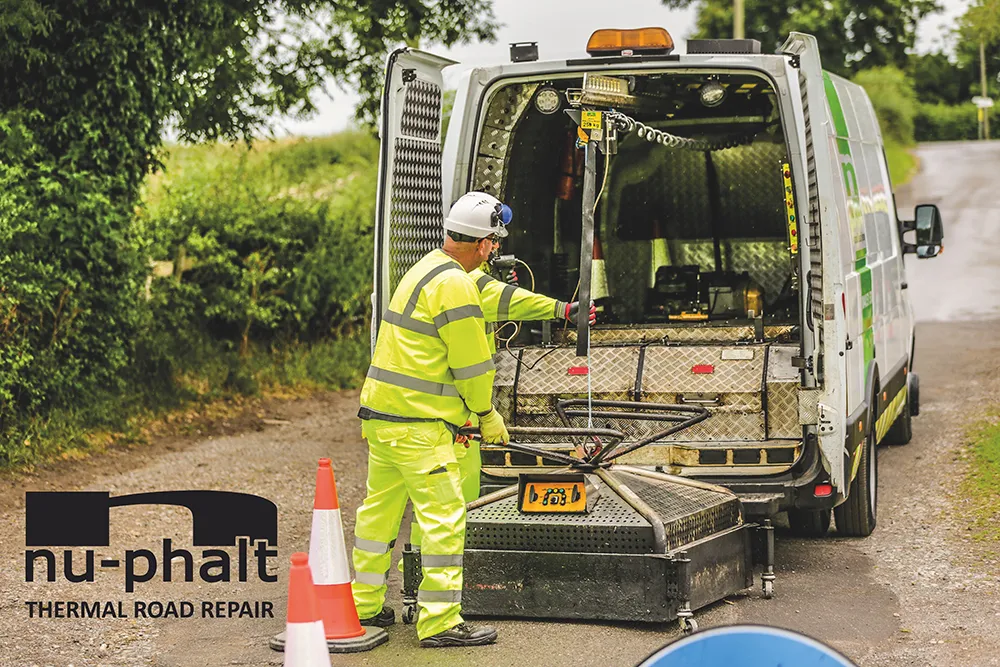When Dubai Airport contacted Waterblasting Technologies it faced a number of challenges.
February 20, 2012
Read time: 2 mins
When Dubai Airport contacted Waterblasting Technologies it faced a number of challenges.
One was finding a waterblasting system that would operate successfully in the 42º-52ºC daylight heat of the summer and also to find the fastest and most productive waterblasting system because of very limited runway closure time.
Chemicals, shotblasting and other waterblasting equipment had been tried on the runways, but eventually engineers and management chose the Stripe Hog SH8000T manufactured by362 Waterblasting Technologies.
The system, which can be built on a variety of truck chassis, uses needle sharp water jets to quickly remove all types of roadway and airfield marking paint as well as runway rubber deposit build-up.
According to the company the Dubai airport runways is probably the most challenging rubber removal environment in the world with an average of 800-plus movements a day with summer-time peaks of 1,100/day and an average of only 5-10 days of rain each year.
"With the ability to remove runway rubber deposits on average of 1,672m²/hour and the ability to operate in the extreme heat without breaking down, the SH8000T became the product of choice for the Dubai airport," says Waterblasting Technologies, which also offers the SH8000T or the new SH8000R with optional, on-board water recycling.
One was finding a waterblasting system that would operate successfully in the 42º-52ºC daylight heat of the summer and also to find the fastest and most productive waterblasting system because of very limited runway closure time.
Chemicals, shotblasting and other waterblasting equipment had been tried on the runways, but eventually engineers and management chose the Stripe Hog SH8000T manufactured by
The system, which can be built on a variety of truck chassis, uses needle sharp water jets to quickly remove all types of roadway and airfield marking paint as well as runway rubber deposit build-up.
According to the company the Dubai airport runways is probably the most challenging rubber removal environment in the world with an average of 800-plus movements a day with summer-time peaks of 1,100/day and an average of only 5-10 days of rain each year.
"With the ability to remove runway rubber deposits on average of 1,672m²/hour and the ability to operate in the extreme heat without breaking down, the SH8000T became the product of choice for the Dubai airport," says Waterblasting Technologies, which also offers the SH8000T or the new SH8000R with optional, on-board water recycling.









